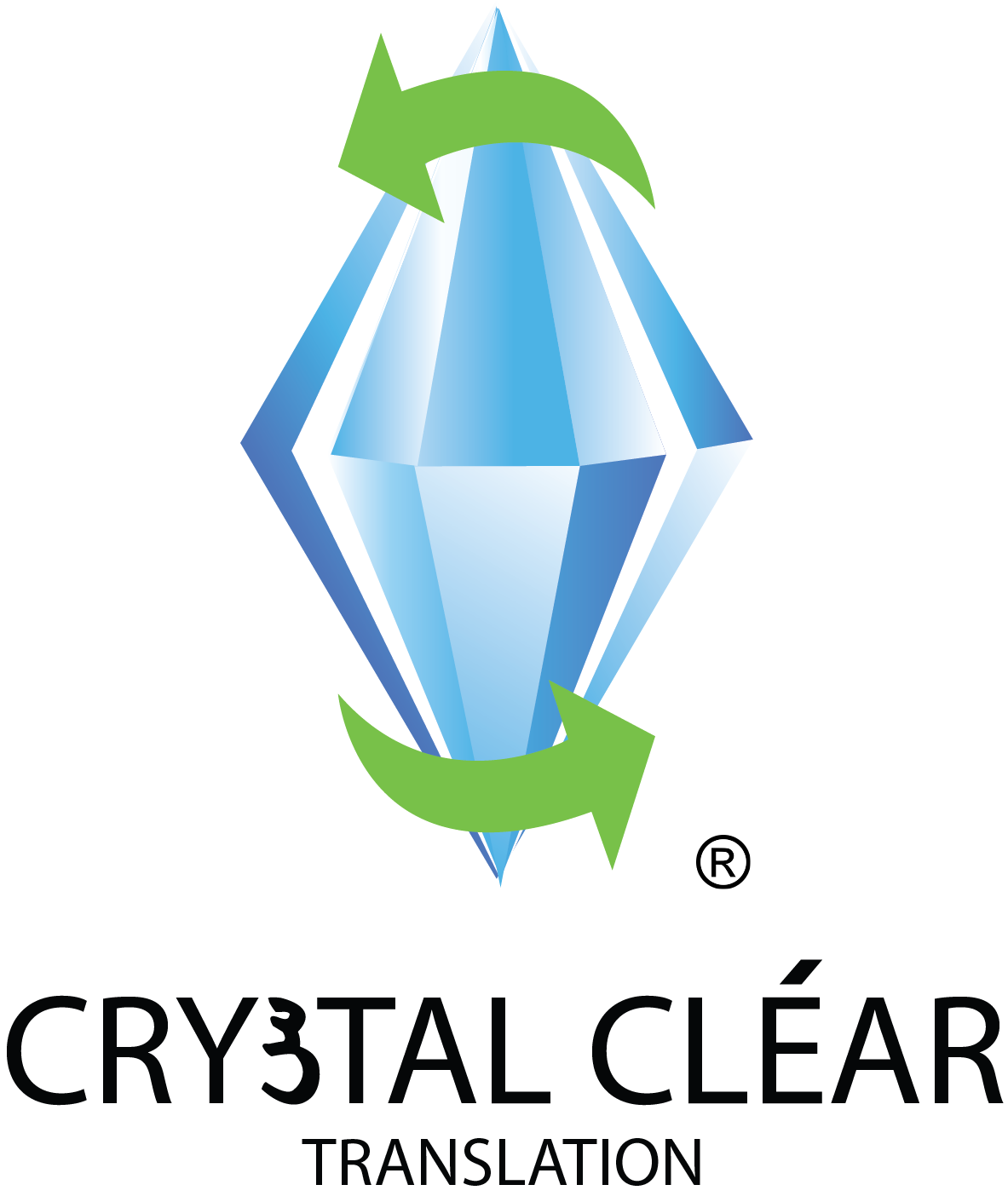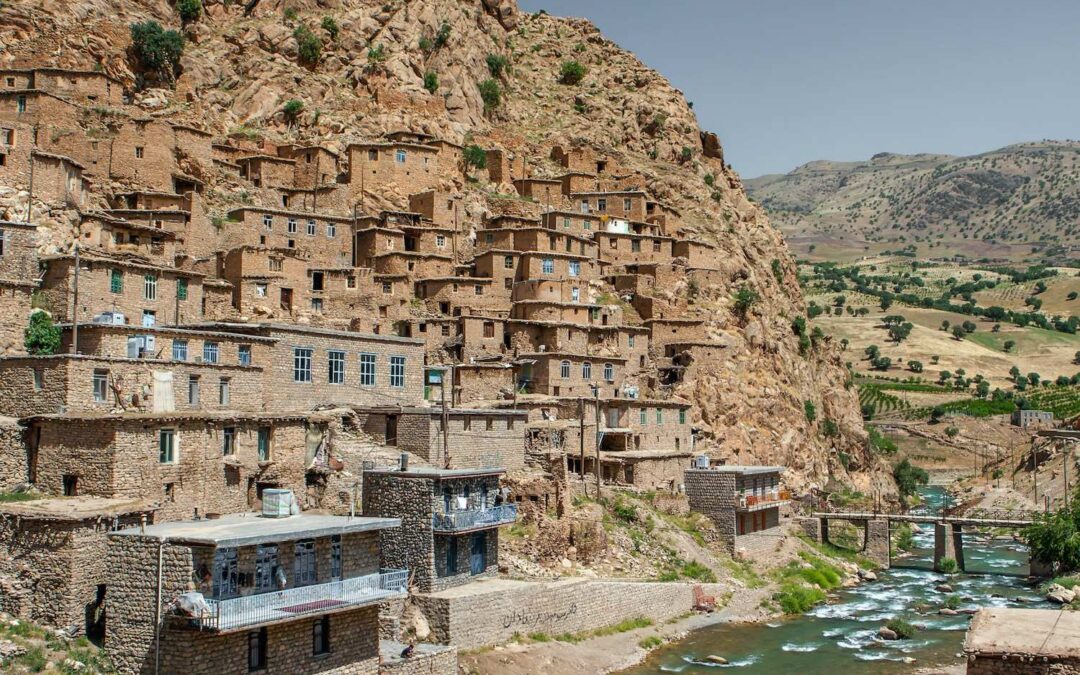Kurmanji derives from the Kurdish language family. Sometimes known as northern Kurdish, Kurmanji is a language commonly spoken in southeast Turkey and Northern Syria. Out of all the Kurdish dialects, Kurmanji is the most widely spoken, with approximately 15 to 20 million native speakers combined.
History of Kurdish people (The Kurds)
There is not a great deal of information readily available about the background of the Kurds, however there are a few important points that we can note.
Kurdish people were found to be living within the mountains of Anatolia. It was here that dialects like Kurmanji were first heard of and have since evolved into modern tongues over the years.
Kurmanji in Syria
Kurds within Syria reside mostly in three regions of northern Syria close to the Turkish border. They make up the largest ethic minority, however the population is considerably less than that of Turkish Kurds. Out of the Syrian Kurd population, the most part will speak Kurmanji.
Kurmanji in Turkey
The majority of Kurmanji speakers live within the south-eastern area of Turkey and is the largest minority language within the country. Around 8 to 10 million Kurds in Turkey speak Kurmanji as their native tongue.
How is Kurmanji written?
The Kurdish dialect mainly written following the Latin alphabet in both the Turkish and Syrian variations. Although this is utilised widely, it is not classified as the standardised alphabet of the language. It is also not unheard of for Kurdish people to use the Cyrillic and Arabic scripts. Kurmanji differs completely to other Kurdish dialects that commonly use old Yazidi script.
Although the Latin alphabet is heavily used, English speakers would find it challenging to decipher the language due to meanings and pronunciations of words.
Below is an example of the Kurdish alphabet (deriving from Latin):
Examples of Kurmanji phrases:
Rojbash- Hello (formal greeting)
Shevabash- Goodnight
Saet çend e? – What time is it?
Grammar
The structure of grammar is quite complex, which also makes it less intelligible to the English. The grammatical aspects of Kurmanji are unique. In terms of difficulty, it is thought to be a hard language to learn.
Intelligible or Unintelligible?
Kurmanji dialects like that of Turkish and Syrian are considered to be mutually intelligible, as there is very little differences between them. Although there may be an occasional unique word or pronunciation, each dialect is almost identical. Kurmanji is in fact a group of dialects, but due to their striking similarities, most Kurds will state that they simply speak Kurmanji.
Concluding thoughts
It is apparent that the Kurmanji language is very intricate and unique, and although there is not a great deal of research readily available to us, we can still conclude that both Turkish and Syrian Kurmanji are extremely intelligible between regions. However, the language is not as intelligible to those who speak a different native tongue.
Do you require our services?
Should you require assistance with a translator or interpreter, visit Crystal Clear Translation for a quote.


